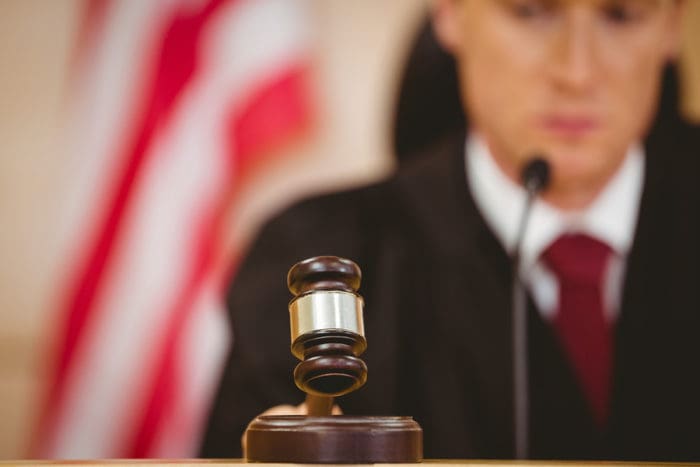As you’ve probably heard by now, the Connecticut Supreme Court over-ruled a lower court ruling to allow a lawsuit by the survivors and heirs of the Sandy Hook shooting to go forward. This, despite clear protections provided to firearms manufacturers under the Protection of Lawful Commerce in Arms Act.
The shooter’s mother — someone who was legally able to purchase a gun — bought the Bushmaster rifle used in the shooting from an FFL, complying with all federal and local laws. But the Connecticut high court, in a textbook example of judicial activism, gazed into the emanations and penumbras of the law and ginned up a justification for letting the suit proceed.
Under the Supremacy Clause, federal law will govern over state law. The Protection of Lawful Commerce in Arms Act is intended to avoid precisely the result reached by the Connecticut Supreme Court. The PLCAA puts firearms manufacturers on the same plane with all others. If their products are not defective–if they do not malfunction–they are not liable. If someone stabs a victim to death with a knife, the victim’s heirs can’t sue the knife manufacturer. It is the same with firearms. …
(T)he Remington rifle was bought by Adam Lanza’s mother, Nancy Lanza. She was a perfectly legal and legitimate buyer. Adam Lanza, the insane teenager who carried out the Sandy Hook massacre, murdered his mother and took her guns to use in his rampage. So there is no possible theory of “negligent entrustment” against Remington, or anyone else.
The Connecticut Supreme Court’s decision is not a good faith exercise of judicial judgment. The four-judge majority engaged in political activism by issuing an anti-gun ruling that is obviously wrong under the Constitution and federal law. It will be reversed by the U.S. Supreme Court. But there is a lesson here: liberals love to talk about the rule of law, but what they mean is rule by lawyers. Rule by lawyers who dictate policies that the people and their elected representatives don’t want, and that are likely to be at odds with the Constitution. This Connecticut decision is a prime example.
John Hinderaker in Connecticut Supreme Court Makes War on Civil Rights
